Oppenheimer: My spoiler-free, historical context review.
This is not a film about technology. It's about morality, relationships, the environment, and much more.
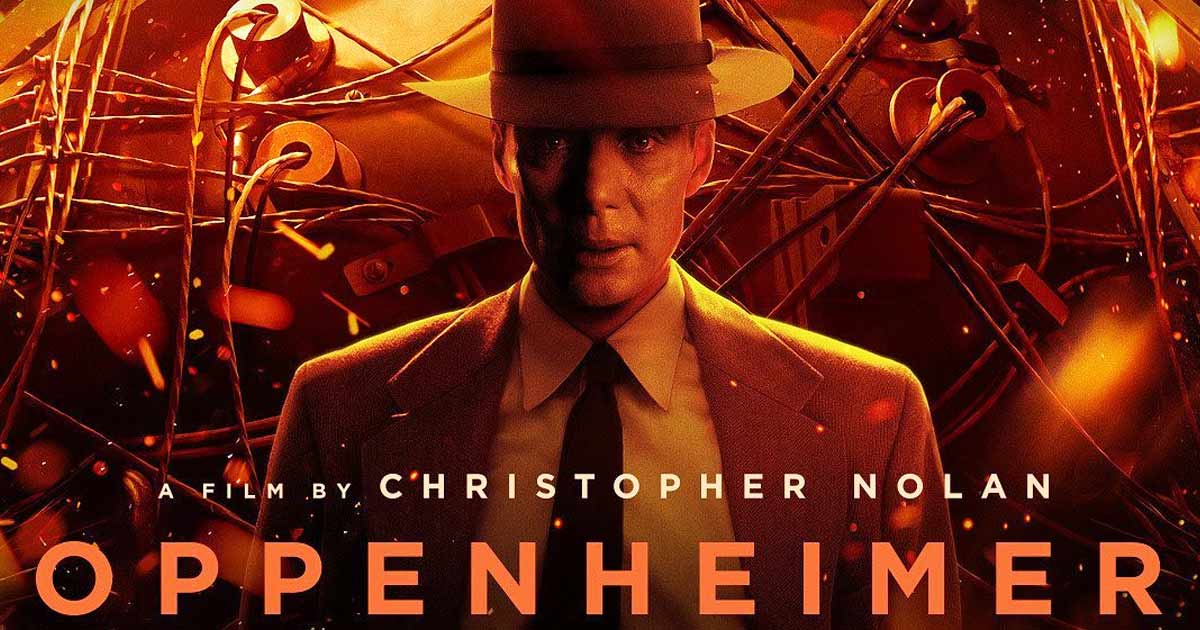
Let me just get this out of the way first: aside from this sentence I'm not going to mention Barbie in this review, except to note that I want to see it.
A few days ago I saw Christopher Nolan's film Oppenheimer, one of the most anticipated film releases of 2023, in 70mm-IMAX format. I'm certainly glad I saw it on the big screen, and on film rather than the digital video that's the much more common format for big screen releases today. I found Oppenheimer extremely absorbing and emotionally engaging. As a historian--albeit one who hasn't studied Oppenheimer specifically--I can say that I found its presentation of the time period and the historical context of the Manhattan Project, and its aftermath, generally pretty accurate. A couple of weeks ago I reviewed Indiana Jones and the Dial of Destiny, and my aim then was to review the film, without giving away key elements, with a historian's eye. That will be my objective in this article too. But for a bottom line assessment, should you go see Oppenheimer or not, I think it's a great film and will be heavily remembered and honored at awards time early next year. I highly recommend it.
As you can guess from the title, the trailer and a basic knowledge of American history, the film is a biopic of J. Robert Oppenheimer (played by Cillian Murphy), the theoretical physicist who was director of the Manhattan Project, the secret World War II program to develop the atomic bomb. It's history, not a spoiler, to note that despite having worked on the most sensitive weapons development project in the history of the United States, Oppenheimer's security clearance was revoked by the U.S. government in 1954 due to concerns over Oppenheimer's political leanings. Nolan's film deals with both of these poles of Oppenheimer's career, as well as his personal life. He had a long-term girlfriend, Jean Tatlock, whom Oppenheimer broke up with before he married his wife, Kitty Puening. Tatlock committed suicide in 1944. The film is a non-linear narrative that deals with these events, as well as Oppenheimer's relationships with his colleagues. A principal one is Lewis Strauss (Robert Downey Jr.), head of the U.S Atomic Energy Commission, the agency for which Oppenheimer was working at the time of the security clearance controversy in 1954.
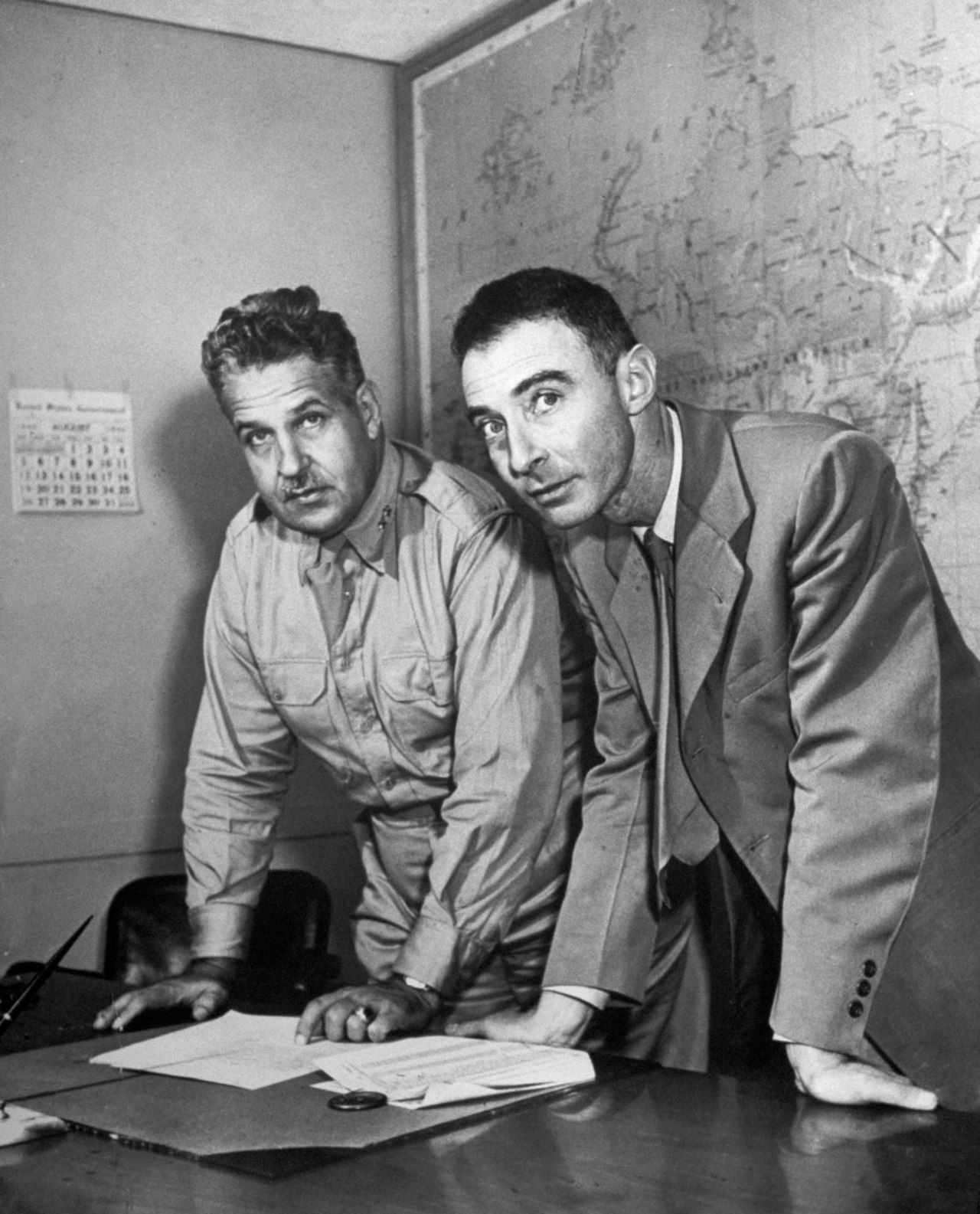
As I said a moment ago, I haven't studied Oppenheimer extensively. There's material about him in Mark Fiege and Bill Cronon's 2012 book The Republic of Nature: An Environmental History of the United States, which I read in graduate school and greatly appreciated. I recall that book making the point, specifically about the Manhattan Project, that many of the creators of the atom bomb were men and women with deeply-held environmental sensibilities. Contrary to the popular notion of "mad scientists" who were either amoral or immoral regarding the implications of the terrible weapon they were creating at Los Alamos, Oppenheimer and his colleagues were trying to save a world they loved rather than destroy one they hated. Oppenheimer, the film, does depict the real Oppenheimer's environmental connections. He deeply loved the New Mexico desert, which he first encountered in the late 1920s when he lived on a ranch with his brother as a means of treating a mild case of tuberculosis. In the film, the decision to site the atomic bomb project at Los Alamos is seen as directly resulting from Oppenheimer's passion for this environment. So far as I know, that's accurate. I single it out because I'm glad Nolan included it in the picture. You don't often see environmental history depicted on film, but it's done well here.
Another thing I liked about the film was how it depicted the moral confusion surrounding the creation of the atom bomb. Oppenheimer, as well as other scientists, struggled for the rest of their lives with their moral quandaries about what they'd helped create. In my opinion the development of nuclear weapons is one of the most important events in the moral history of humankind: from 1945 onward we now had the choice of whether to commit suicide as a species, and how best to reign in our self-destructive impulses. This issue surfaces frequently in Oppenheimer and is the backdrop of its most compelling stretches. In the case of war, we (humanity) have, to date, successfully resisted the urge to destroy ourselves with nuclear weapons. We're doing much less well when it comes to human-caused global warming, which is, at this very moment, posing an increasing existential threat to our species. Global warming is never mentioned in Oppenheimer but it's the elephant in the room next door to the already uncomfortable subject of nuclear annihilation. Released in the midst of the hottest summer in human history, with heat waves and fires running unchecked all over the globe, Oppenheimer does have relevance to the climate crisis even if it never addresses it directly.
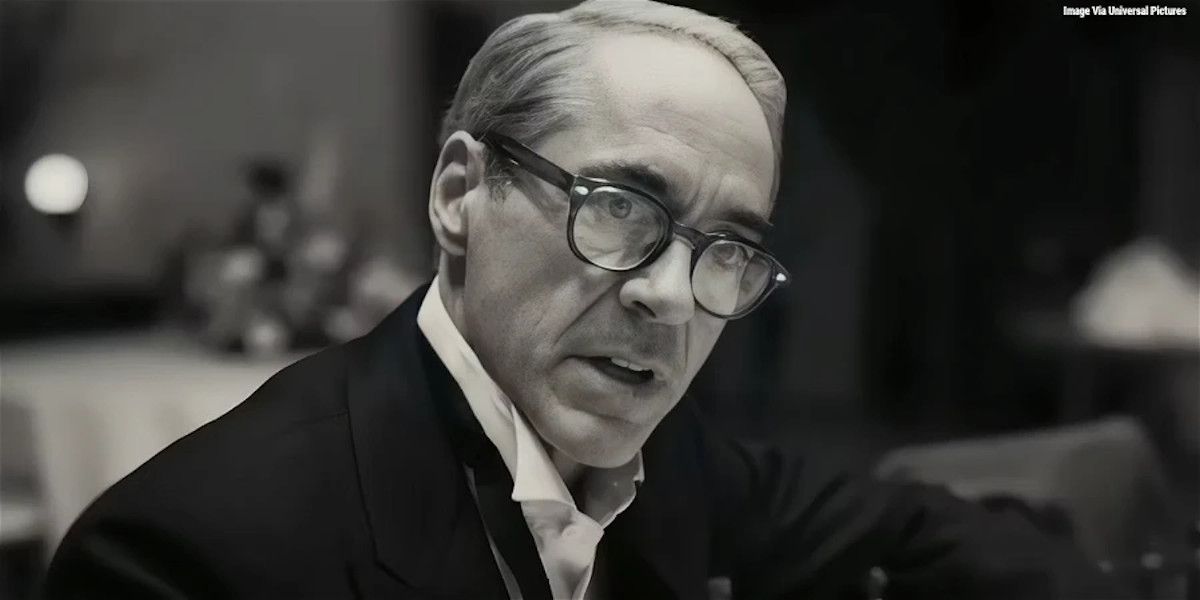
As a film, Oppenheimer is brilliant. The performances of Cillian Murphy, Florence Pugh, Robert Downey Jr., Jason Clarke and Josh Hartnett are all stellar. I could easily see any one of them nominated for an Academy Award next year for their work in this picture. (There are even more stars than that; Oppenheimer's cast is absolutely packed to the gills with notable and talented actors). As for where Nolan puts his emphasis in a sea of complicated subject matter that could easily have gone wrong, I'd like to quote a conversation I had over text with a friend of mine, and a reader of this blog--you know who you are--after I came back from seeing the film.
My friend: I've heard from a local source that the movie greatly simplifies Oppenheimer himself, and that the real star is the atomic bomb. Would you agree?
Me: Not at all. In fact the opposite. The bomb is sort of tangential. It's much more about Oppenheimer's troubled relationships with his colleagues, and women.
My friend: Now I'm curious about it. Also it's nice to have a movie that isn't yet another sequel or remake.
Apparently the source my friend heard was a show on WEFT radio. I thought this was an interesting exchange because it gets at the heart of why I think Oppenheimer is a much better film than it has any right to be. In 1989, British director Roland Joffé directed a film called Fat Man and Little Boy, starring Paul Newman as General Leslie Groves, the military director of the Manhattan Project. Dwight Schultz--best known for his roles in TV shows The A-Team and Star Trek: The Next Generation, and now a vexatious and tiresome Trumpnut--played Oppenheimer. That film was about the atomic bomb. The human relationships behind the Manhattan Project were secondary, and as a result Fat Man and Little Boy was entirely forgettable, well-made and well-acted, especially by Newman, but with nothing substantive to say about its subject. Oppenheimer isn't like that at all. Indeed, the Trinity test of July 16, 1945, which should by all rights be the climax of a film about the creation of the atom bomb (and is, in the case of Fat Man and Little Boy), comes only about 2/3 of the way through the film and is not climactic in a storytelling sense. This is a film about relationships, not technology.
I really liked Oppenheimer. I am lukewarm to Christopher Nolan as a director. I've liked some of his films (Inception and Dunkirk) but hated more of them than I've liked (Interstellar, Tenet and those shrill, unwatchable Batman pictures). He definitely has talent, both in a creative and technical sense, even if I don't always like the results of how he uses it. I suspect Oppenheimer will be remembered as the most important film of his career. It may also help set the mold for how biopics can be done in postmodern cinema. Regardless of its box office take, it will be remembered as a highly significant and influential film.
On a final note I might also add that seeing it in 70mm is glorious. A couple of times I noticed, very subtly, the flicker of the projector shutter on the screen, which is something you never see in modern digital-video cinema. Far from being distracting, it was a comforting throwback to earlier times. The traditional art of cinema is not dead, even in 2023.
The Value Proposition
Why should you be reading this blog, or receiving it as a newsletter? This is why.
☕ This is where I normally put my Ko-fi link. Don't buy me a coffee this week--order my new history book The 50 Most Important Things in History instead for the same price!
🎓 Like learning? Find out what courses I’m currently offering at my website.
📽 More the visual type? Here is my YouTube channel with tons of free history videos.
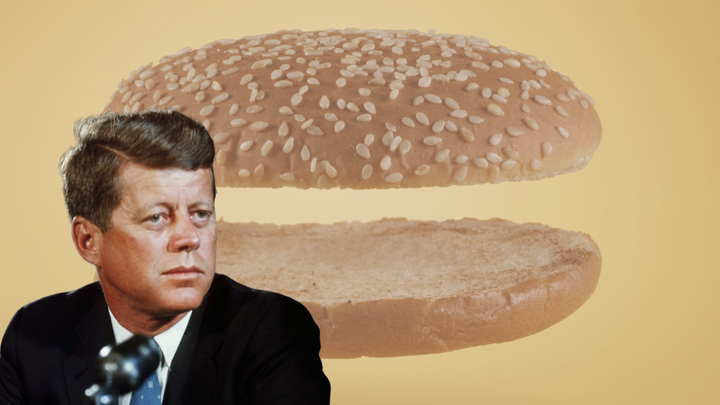

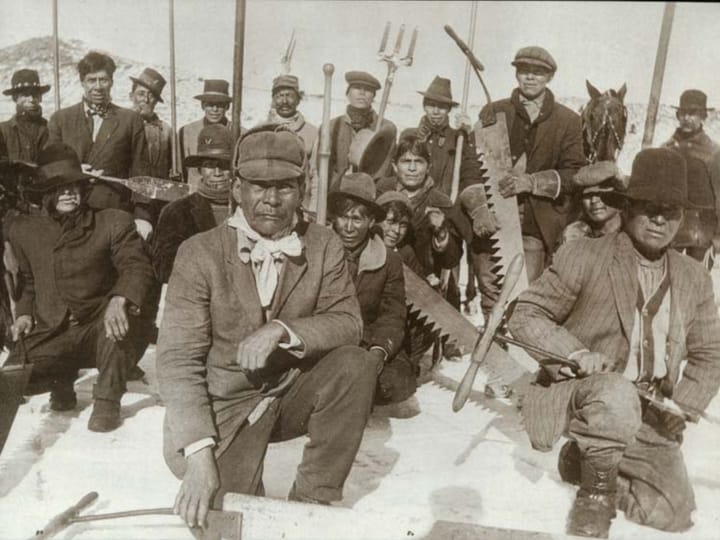
Comments ()